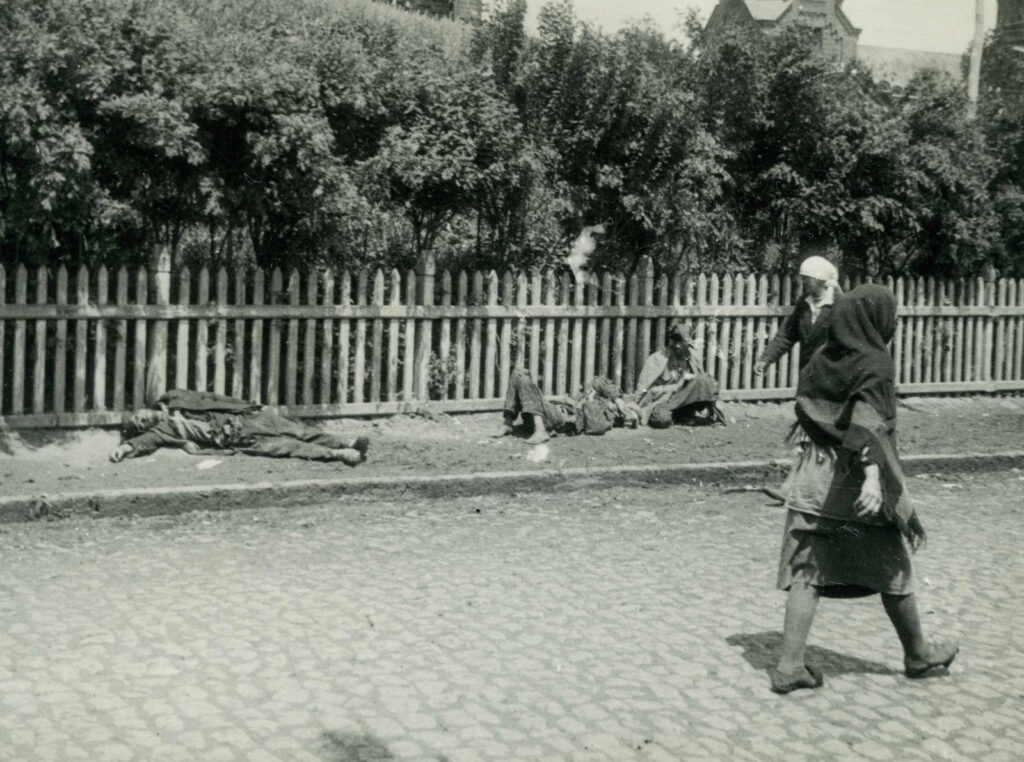On Thursday, MEPs in the European Parliament recognised the Holodomor in Soviet Ukraine as a genocide, with the resolution passing by 507 votes in favour, 12 against with 17 abstentions.
'This is one of the most profound tragedies of the 20th century," said European Commissioner for Health Stella Kyriakides during the plenary session.
"90 years after the Holodomor, Russia is again using food as a weapon in its brutal war against Ukraine, by destroying agriculture, undermining the country and ports. Today, the European Union recognises it in the pursuit of a world without hunger."
From 1932 to 1933 the Great Famine ravaged Ukraine and killed millions. It was part of a wider Soviet and human-made famine which affected grain-producing areas.
Zelenskyy accuses Russia of new genocide
The Parliament condemned the "whitewashing and glorification" of the totalitarian Soviet regime and the revival of the cult of Soviet dictator Joseph Stalin.
The 1932-33 famine was a policy of terror implemented by Joseph Stalin, with many agreeing it was a human-made tool to suppress a Ukrainian independence movement.
Related News
- Ukraine war: Two killed in Russian airstrike on Kherson
- Pope calls for 'humble' Christmas, with savings sent to Ukrainian people
- EU citizens’ support for Ukraine unwavering, official survey finds
Every year, the famine is commemorated in Ukraine on the fourth Saturday of November. "Ukrainians went through genocide. And today we are doing everything possible to stop Russia's new genocidal policy," said President Volodomyr Zelensky in a speech on 26 November
On Thursday, MEPs also denounced the Russian crimes being carried out against Ukrainians today, such as targeting Ukrainian civil energy infrastructure during the depths of winter.

